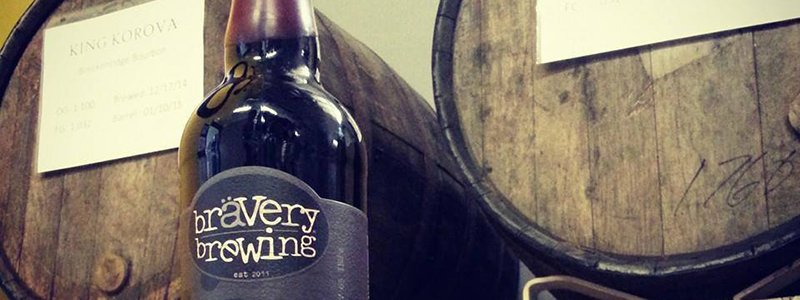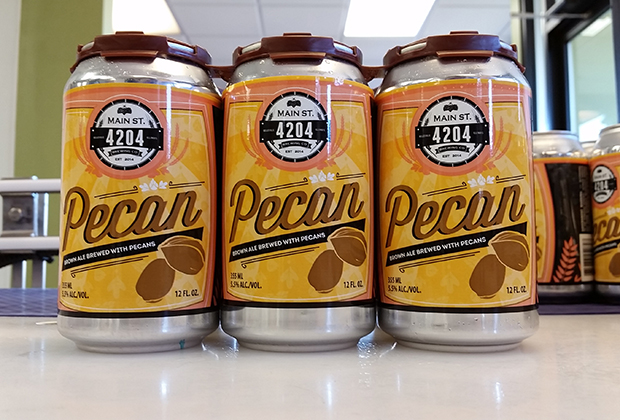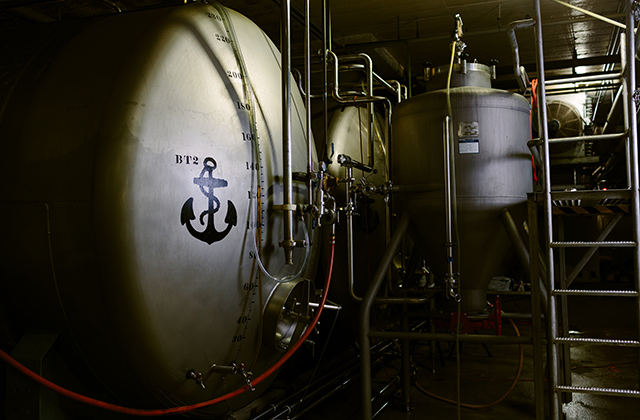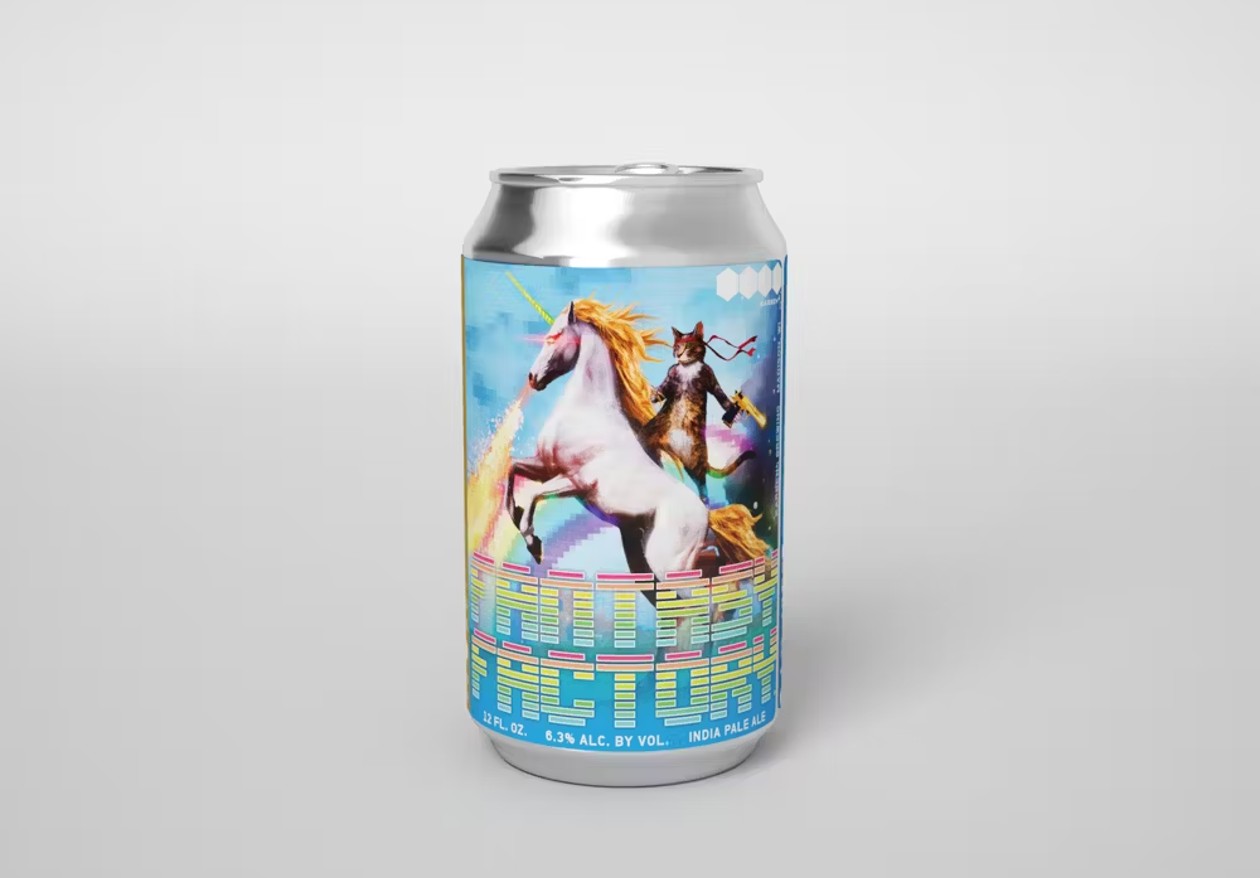
The mayor of Lancaster, California, a Mr. R. Rex Parris, must not be much of a craft beer drinker.
The fourth-term mayor of the town located about 70 miles north of downtown Los Angeles touts on the city’s website since taking office in 2008 that crime has gone down 40 percent. So it seems his past initiatives to be tough on certain stances has worked in some capacities, but the latest city ordinance passed leaves some store owners scratching their heads or just plain mad about the jab that could be taken at their pocketbooks.
Lancaster City Ordinance 1013 says that “the purchase of alcoholic beverages intended for off-site consumption, when such beverages are purchased in smaller single servings, contributes to conditions and activities that constitute a public nuisance.” It also points out later a provision that this ban is only for facilities less than 10,000 square feet — so a grocery store … or brewery … won’t be affected.
In other words, smaller liquor stores or gas stations that serve tallboys of macro beer or airplane-sized bottles of liquor would be affected.
It seems what Parris and the city council are trying to avoid what must be trouble areas where public safety concerns are high because of some segment of buyers at these smaller establishments are homeless, panhandlers or just ne’er do wells looking to buy one drink and cause trouble in the parking lot or nearby.

Caught in this crossfire of intended help is craft beer. Not just regional or national outfits distributing broken up 12-ounce six-packs or 22-ounce bombers to those places, but the local breweries within the city limits.
Bravery Brewing owner Bart Avery calls the ordinance “anti-craft” and although when it comes to sales, it would only strike a small blow to the brewery, it’s still a blow to the owner.
But it’s not the main point of his contention. Avery said that this ordinance could hurt the city’s economic development as well or just being known as an “anti-craft” town would mean less chances of any new breweries opening in the city or next door in Palmdale, where two other breweries — Lucky Luke and Transplant — exist.
“I want my brewery in a community that wants to have craft beer breweries and the city council came across as if they didn’t care if liquor stores went out of business basically,” Avery said. “My impression is that the mayor, who is a recovering alcoholic, would be happy if there was no alcohol up here. It kind of throws a wet blanket on making this a destination spot just north of L.A.
“More breweries are always popping up, but something like this really puts the kibosh on things when your city is, and it’s not purposely, but the city is anti-craft. That’s what this is going to do.”
This city law, which will take hold at the start of next year, could put a stranglehold on craft-beer sales to smaller establishments.
“This [ordinance] would be very detrimental to our business,” Jack Hana told the L.A. Times newspaper. Hana’s family owns a popular craft beer and liquor store in the city.
Hana told the Times that nearly 40 percent of the store’s sales of alcoholic beverages are in single-serving formats. A message left with Hana’s father at the store for comment from Jack Hana was not returned to The Brewer Magazine.
Tom McCormick, president of the California Craft Brewers Association said that the guild has worked through similar problems with laws being put forth in at least four other cities in the past but the guild has helped reshape the laws to not hurt craft beer business.
“Our message is that craft beer is not part of the problem but is collateral damage when these bans go through,” McCormick said, although he noted that the Lancaster city council is standing firm in their position and are not looking at alternative opinions on the issue.
“The CCBA is also working to support a bill that would give the ABC [the state’s Alcohol Beverage Control] greater teeth in temporarily closing down problem licensee’s rather than local jurisdictions imposing a blanket ban that hurts all retailers,” McCormick added.
It seems the hard-headedness of Parris and the council is winning for now, but Avery pointed out that since the law doesn’t go in effect until 2017 that the fight is just starting. The 47 liquor stores in the city of Lancaster have hired an attorney and Avery said he feels something will be changed by the end of the year.
“They gave us time to fix the problem and come up with a way to re-draft this. It’s not a done deal yet.”






1 Trackback / Pingback